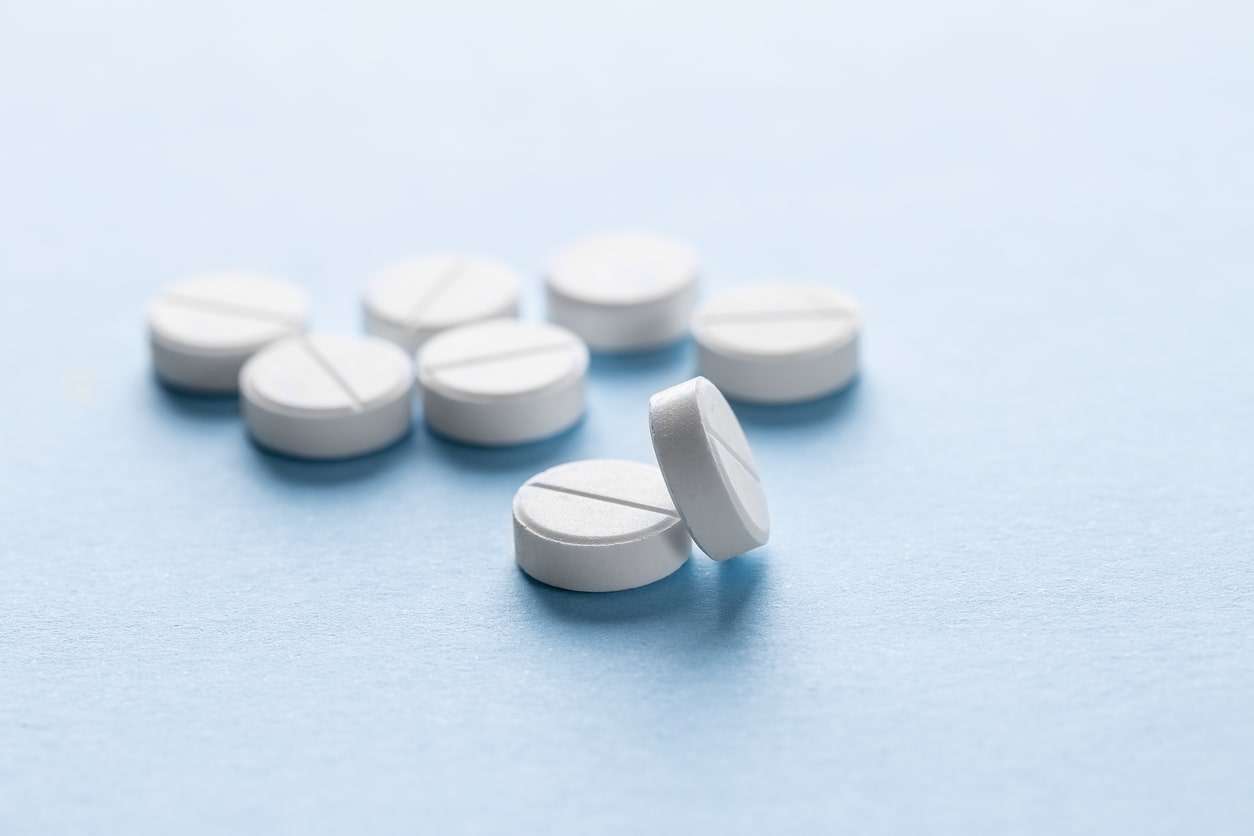Alcohol withdrawal is a condition that occurs when an individual abruptly stops consuming alcohol after prolonged and excessive use. It is characterized by a range of physical and psychological symptoms that can be severe and potentially life-threatening. Many people wonder whether alcohol withdrawal can be fatal. In this article, we will explore this question and provide insights into the dangers of alcohol withdrawal. At Detox ATL we offer a comprehensive alcohol detox in Atlanta so individuals don’t have to go through alcohol detox alone.
What is Alcohol Withdrawal?
Alcohol withdrawal is a condition that occurs when a person who has been drinking heavily for an extended period of time stops or significantly reduces their alcohol intake. It is caused by changes in the brain and nervous system due to the chronic and excessive consumption of alcohol. The symptoms of alcohol withdrawal can vary from mild to severe and typically begin within 6-24 hours after the last drink.
Symptoms of Alcohol Withdrawal
Alcohol withdrawal can be divided into two categories: physical and psychological. Physical symptoms include tremors, sweating, nausea and vomiting, headache, and rapid heart rate. Psychological symptoms include anxiety, depression, irritability, and insomnia. In severe cases, individuals may experience delirium tremens (DTs), a serious condition that can cause hallucinations, seizures, and even death.
Can You Die from Alcohol Withdrawal?
The short answer is yes, alcohol withdrawal can be fatal. However, not everyone who experiences alcohol withdrawal will die from it. The risk of death is higher in individuals who have a long history of heavy alcohol use, those who have experienced alcohol withdrawal before, and those who have a pre-existing medical condition.
The most serious form of alcohol withdrawal is delirium tremens (DTs). DTs typically begin 48-72 hours after the last drink and can last for up to 10 days. The symptoms of DTs include severe confusion, hallucinations, seizures, and fever. DTs can be life-threatening, with a mortality rate of up to 5%.
Other potential complications of alcohol withdrawal include dehydration, electrolyte imbalances, and infections. These complications can occur due to vomiting, diarrhea, and other symptoms of alcohol withdrawal. In severe cases, individuals may require hospitalization to manage their symptoms and prevent further complications.
Alcohol Detox & Treatment
The treatment for alcohol withdrawal typically involves supportive care and medications to manage symptoms. In more severe cases, hospitalization may be required for monitoring and treatment.
Medications commonly used to manage symptoms of alcohol withdrawal include benzodiazepines and antipsychotics, along with Medication-Assisted Treatment. MAT is effective in reducing the symptoms of alcohol withdrawal, including seizures and tremors. Antipsychotics are used to manage symptoms such as hallucinations and delusions.
In addition to medication, individuals undergoing alcohol withdrawal may also require fluids and electrolytes to prevent dehydration and maintain proper balance in the body.
Preventing Alcohol Withdrawal
The best way to prevent alcohol withdrawal is to avoid excessive and chronic alcohol consumption. The National Institute on Alcohol Abuse and Alcoholism (NIAAA) defines heavy drinking as consuming more than 14 drinks per week for men and more than 7 drinks per week for women. Binge drinking is defined as consuming 4 or more drinks for women and 5 or more drinks for men on a single occasion.
If you are concerned about your alcohol consumption, call us now at 470-828-2226. They can provide guidance and support to help you manage your alcohol use and prevent alcohol withdrawal.
Find Alcohol Detox in Atlanta Today!
Alcohol withdrawal is a potentially life-threatening condition that requires medical attention and treatment. While not everyone who experiences alcohol withdrawal will die from it, the risk of death is higher in individuals who have a long history of heavy alcohol use or those who have experienced alcohol withdrawal before. Delirium tremens (DTs) is the most serious form of alcohol withdrawal and can be fatal if not treated promptly.
Preventing alcohol withdrawal is possible by avoiding excessive and chronic alcohol consumption. If you or a loved one are struggling with alcohol use, it is important to seek help from a healthcare professional. Treatment for alcohol withdrawal typically involves supportive care and medications to manage symptoms. With proper medical care and support, individuals can safely and effectively manage alcohol withdrawal and begin their path toward recovery.






